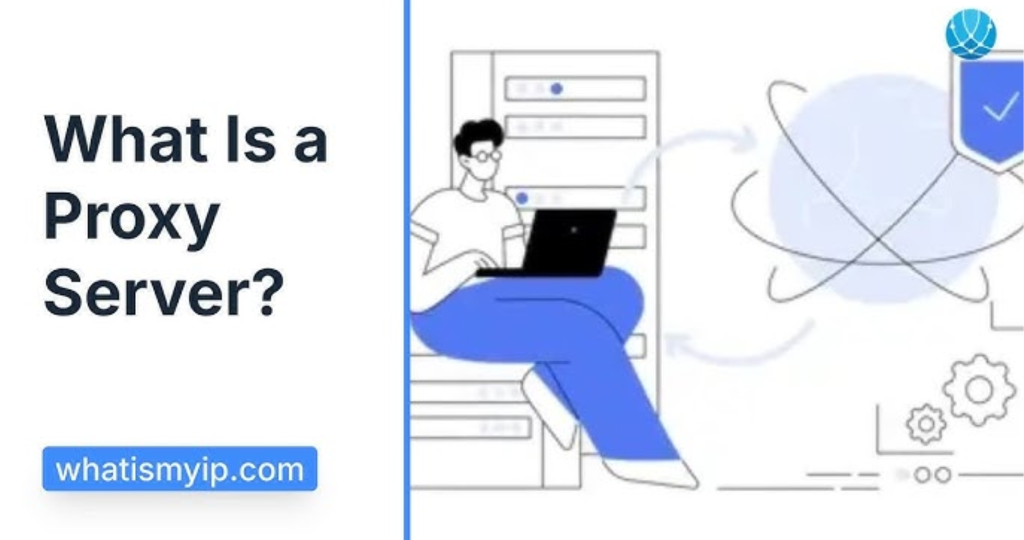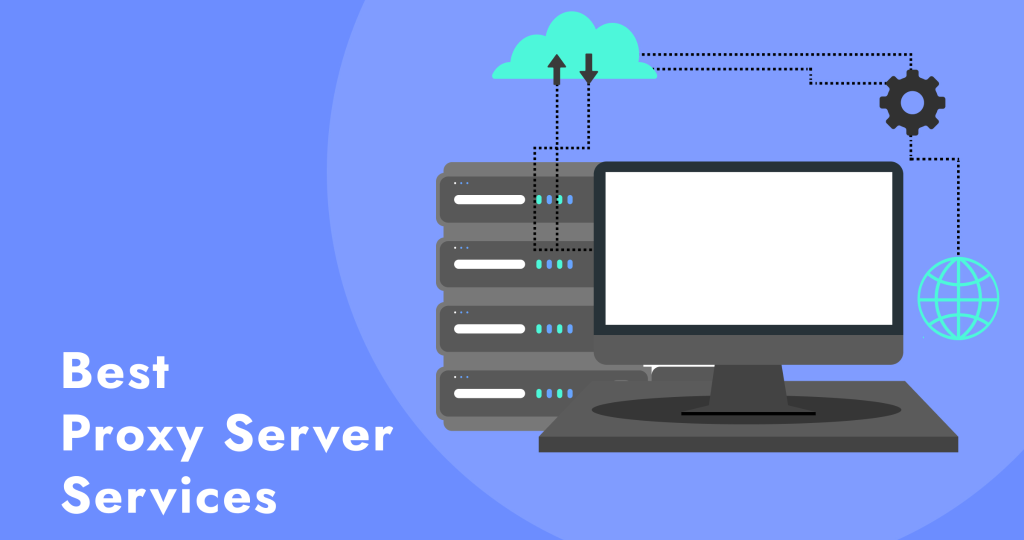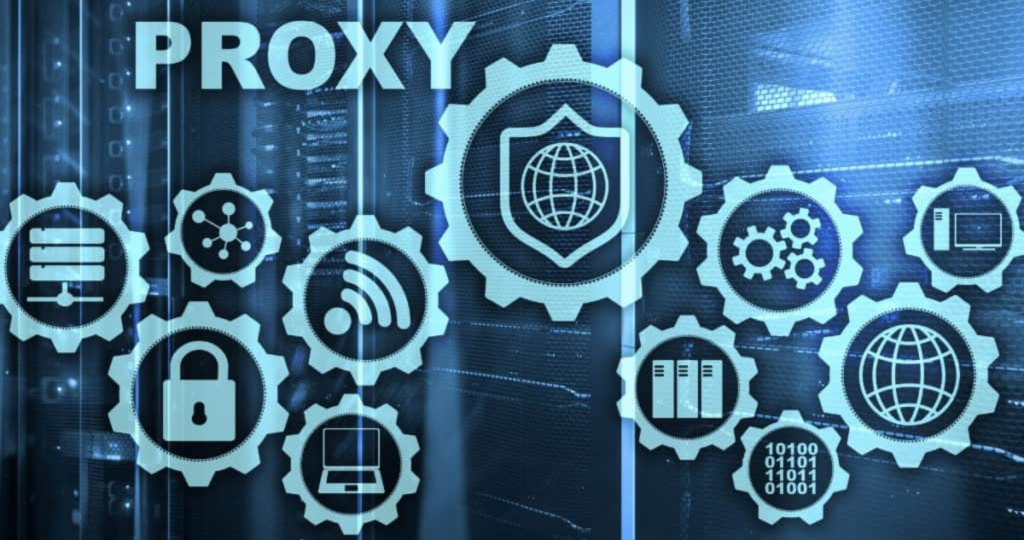
What is a Proxy Server?
A proxy server is an intermediary server that sits between your device (such as a computer, smartphone, or tablet) and the internet. When you connect to a website, instead of your device directly communicating with the site, the request goes through the proxy server. The proxy server forwards the request to the destination website and then sends the response back to your device.
In simple terms, a proxy server acts as a gatekeeper, routing internet traffic through itself to provide a range of services, such as improving security, privacy, and performance.
How Does a Proxy Server Work?
When you use a proxy server, your device’s requests for information are sent to the proxy server, which makes the request on your behalf. It retrieves the data and sends it back to your device. Here’s how it works in practice:
- You make a request: When you try to visit a website, your device sends a request for that page to the proxy server.
- The proxy server forwards the request: It forwards your request to the website’s server, masking your real IP address in the process.
- The website responds: The website server sends the requested data back to the it.
- The proxy server sends the data back to you: Finally, it sends the data back to your device, allowing you to view the webpage.
By acting as an intermediary, a proxy server offers various benefits such as enhanced security, privacy, and performance.

Why Should You Use a Proxy Server?
1. Protect Your Privacy
A proxy server helps users protect their privacy when browsing the web. By hiding your real IP address, it prevents third parties such as Internet Service Providers (ISPs), websites, or advertisers from tracking your online activities.
With it, you can maintain anonymity online and avoid being tracked or having your personal data collected by websites or advertising companies.
2. Protect Against Cyber Attacks
Using a proxy server can also help protect you from cyber threats. By hiding your real IP address, proxies prevent hackers from directly attacking your device. This additional layer of protection makes it harder for cybercriminals to target you with malware, ransomware, or phishing scams.
3. Bypass Geographical Restrictions
Many websites, services, or videos are geo-restricted and can only be accessed from specific countries. A proxy server allows you to change your IP address, helping you bypass geographical restrictions and access content that might be blocked in your region.
Access region-locked content: Whether it’s streaming services, websites, or applications, it can help you access content restricted to specific countries.
Avoid censorship: In some regions, certain websites and services are blocked. By using a proxy server, you can bypass these restrictions and access blocked content.
4. Enhanced Security When Using Public Networks
When using public Wi-Fi networks, such as in cafes or airports, you are vulnerable to attacks from hackers since public networks are usually insecure. It helps encrypt your connection and protect your personal data from threats on public networks.

Things to Consider When Using a Proxy Server
While proxy servers are extremely useful in protecting privacy and security, there are a few important things to keep in mind:
- Choose a reliable proxy provider: Make sure you are using proxies from trustworthy services to avoid data leaks.
- Not entirely secure: Proxy servers help hide your IP address, but they do not encrypt your data completely like a VPN. If you’re dealing with highly sensitive information, consider using a VPN in conjunction with it for enhanced security.
Types of Proxy Servers
There are several types of proxy servers, each with specific uses and capabilities:
- HTTP Proxy: Works with HTTP/HTTPS websites and is commonly used for basic web browsing.
- SOCKS Proxy: Supports various types of data, including email, torrents, and gaming, making it more versatile than HTTP proxies.
- Transparent Proxy: Does not hide the user’s IP address and is often used within organizations to monitor or filter content.
- Anonymous Proxy: Hides the user’s IP address but reveals that a proxy is being used. It provides enhanced privacy but not complete anonymity.
- Elite Proxy: Offers the highest level of anonymity by fully masking the user’s IP and concealing the use of a proxy server.

Conclusion
Using a proxy server is a simple and effective solution to protect your privacy when browsing the web. It not only helps hide your IP address but also enhances security, bypasses geographical restrictions, and protects you from online threats. However, make sure to choose a reliable proxy provider and understand that proxies alone may not provide the same level of security as a VPN.
Internal Link Suggestions:
- Read more: What is a Proxy and How Does it Work?
- Read more: Benefits of Using Proxy Servers for Online Security
External Link Reference:
